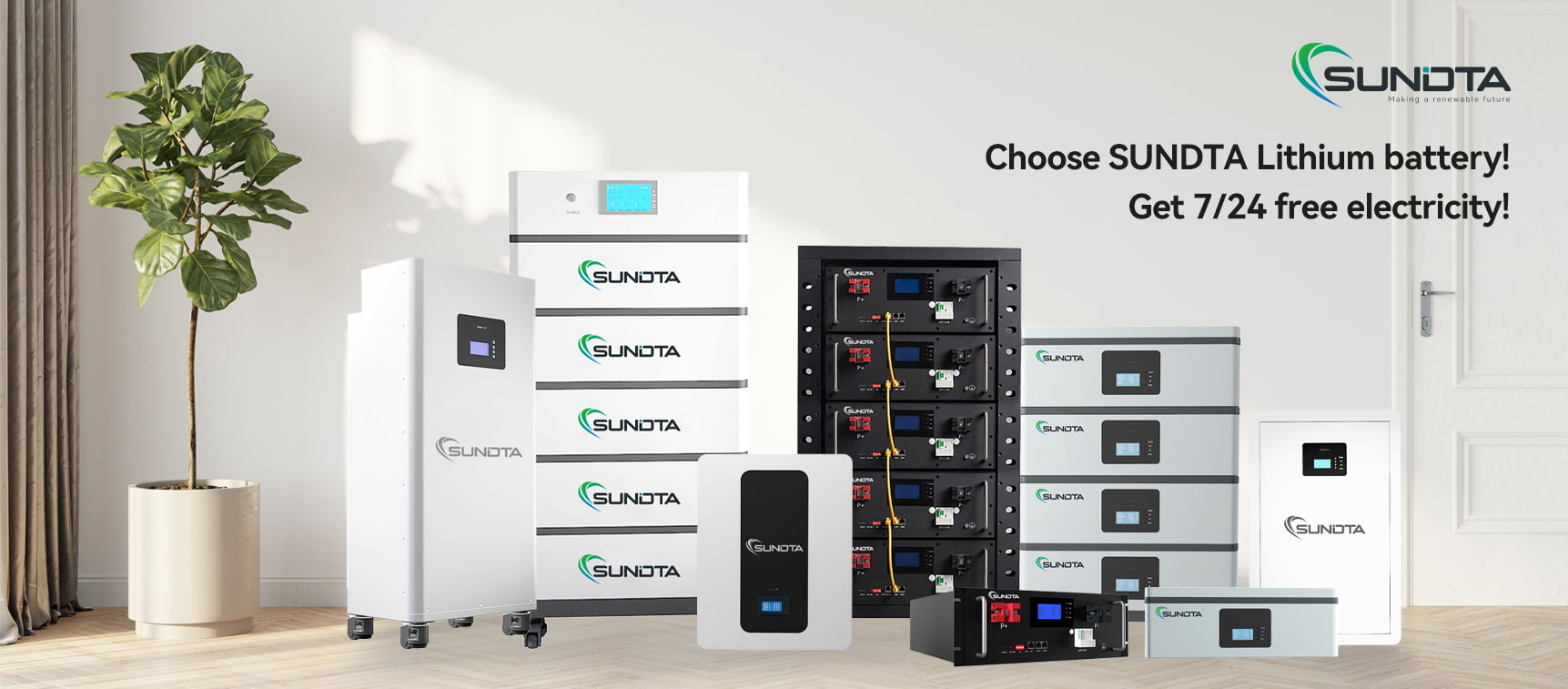Are lithium-ion solar batteries the best energy storage option?
Dec 11, 2023
Lithium-ion batteries are becoming a popular option for home energy storage. Llithium-ion batteries can store energy to be used later, like during a power outage. When paired with solar panels, excess solar energy produced during the day is stored in the battery and is then used by a home at night when the solar panels are generating electricity.
Lithium batteries are the most common residential battery choice because they last long, require little maintenance, and don’t take up as much space as other battery types. They typically cost between $12,000 and $20,000 to install and, in some cases, can save homeowners extra money on their electricity bills.
Pros of lithium-ion solar batteries
The advantages of lithium-ion solar batteries include:
• Higher depth of discharge
• Long lifespan
• Higher energy density
• High efficiency
• Less maintenance
• Higher depth of discharge (DoD)
The DoD of a battery is the amount of the stored energy in the battery that has been used, as compared to the total capacity of the battery. Most batteries come with a recommended DoD in order to maintain the health of the battery.
Lithium-ion solar batteries are deep cycle batteries, so they have DoDs of around 95%. Many lead acid batteries only have a DoD of 50%. This means you can use more of the energy that’s stored in a lithium-ion battery without having to charge it as often.
Long lifespan
Because lithium ion batteries have a high DoD and don’t need to be charged and recharged as often, they have a long lifespan.
Most lithium-ion solar batteries have a minimum warrantied lifespan of around 10 years, or a cycle life of 10,000 cycles - whichever comes first. Lead acid batteries, on the other hand, only have warrantied lifespans of around 5 years.
Higher energy density
The energy density of a battery is how much power the battery can hold relative to the physical size of the battery.
Lithium-ion batteries can store more power without taking up as much space as lead-acid batteries, which is great for homes where space is limited.
High efficiency
Lithium-ion batteries have a higher round-trip efficiency rating than other types of solar batteries on the market.
Efficiency refers to the amount of usable energy you get out of your battery compared to how much energy it took to store it. Lithium-ion batteries have efficiencies between 90 and 95%.
Less maintenance
Not having to worry about regular maintenance is one of those advantages that you just can’t put a price on.
Lithium-ion solar batteries do not require as much maintenance as flooded lead-acid batteries do.
Cons of lithium-ion solar batteries
The disadvantages of lithium-ion solar batteries include:
• High cost
• Thermal runaway
• High cost
Lithium-ion batteries tend to be the most expensive battery storage option, especially when compared to lead-acid batteries.
The good news is that solar battery systems qualify for incentives like the federal tax credit, which helps make lithium-ion batteries more affordable. Plus, although lead acid batteries may be cheaper - they have to be replaced more often than long-lasting lithium-ion systems.
Thermal runaway
Lithium-ion batteries run a higher risk of thermal runaway, which means they catch on fire. However, the risk of a properly installed lithium ion solar battery is slim to none.